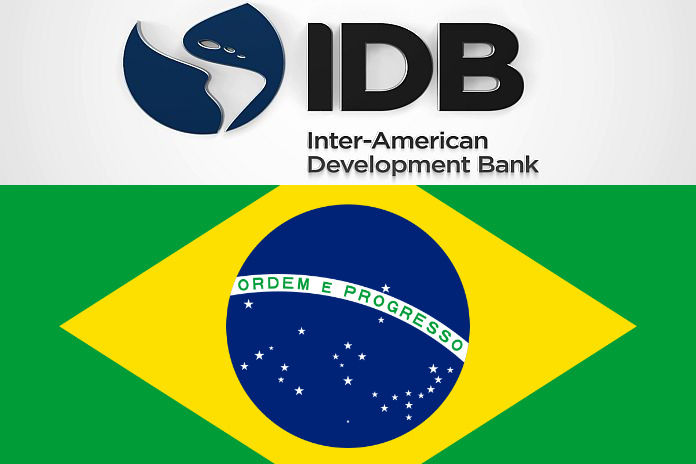WASHINGTON, USA – The Brazilian National Bank for Economic and Social Development (BNDES) is launching its Sustainability Bond Framework (SBF), produced through a partnership with the Inter-American Development Bank (IDB).
The document aims to enable the issuance of green, social, and sustainable bonds in Brazil and abroad. With a favorable opinion (Second Party Opinion – SPO) from Sustainalytics, a verification company specialized in sustainable projects, the structure reinforces the importance attributed to the Environmental, Social, and Governance (ESG) topic.
The initiative expands the fundraising possibilities provided for in the Green Bond Framework launched in 2017, which enabled the BNDES to be the first Brazilian bank to issue this type of bond in the international capitals market, and the first financial institution to issue green financial bills in 2020 in the local market.
The SBF was developed within the scope of a technical cooperation signed with the IDB, an institution involved in about 30 percent of the issues of thematic bonds in Latin America and the Caribbean. The document also counted on the technical consultancy provided by the specialized company Sitawi and was structured according to the best market practices.
The resources to be raised in future operations based on the SBF will be used to finance and refinance eligible new or existing projects in BNDES’s portfolio. The eligible categories for allocating resources include six green categories and three social categories.
Among the green categories are renewable energy; energy efficiency; sustainable management of water, wastewater, and sanitation; pollution prevention and control; clean transportation; and environmentally sustainable management of living natural resources and land use.
The social categories include, in turn, health; education; and support for micro, small, and medium-sized enterprises (MSMEs) and micro-credit. Investments in health and education in municipalities with Human Development Index (HDI) below the national average will be prioritized, and for MSMEs, in addition to the HDI criterion, companies led by women or gender minorities will be prioritized.
“This is an important step not only for the BNDES to consolidate its alignment with the best international ESG practices, but also to capture the willingness of a growing share of investors to contribute to a more resilient and sustainable world. For the IDB, it is extremely strategic to assist a position with the size and capacity of the BNDES in this movement,” said Morgan Doyle, the IDB Group’s representative in Brazil.





